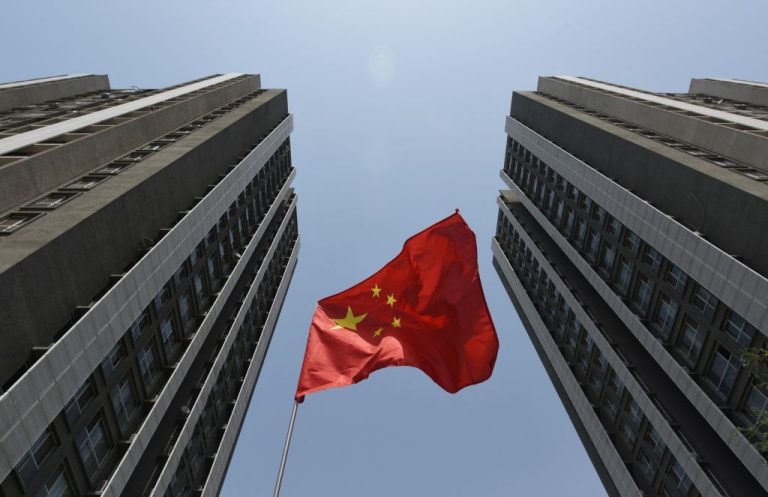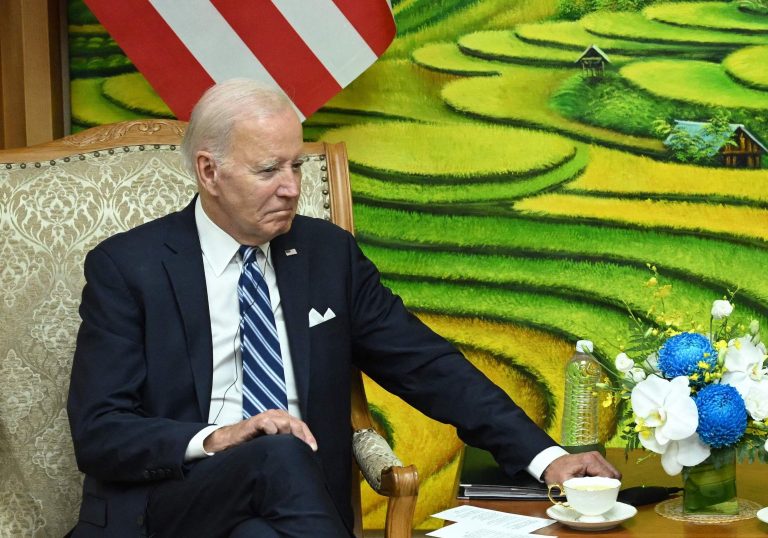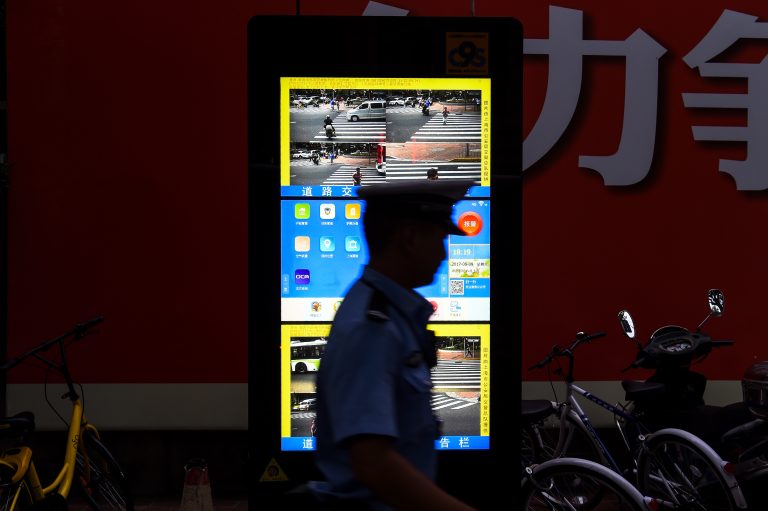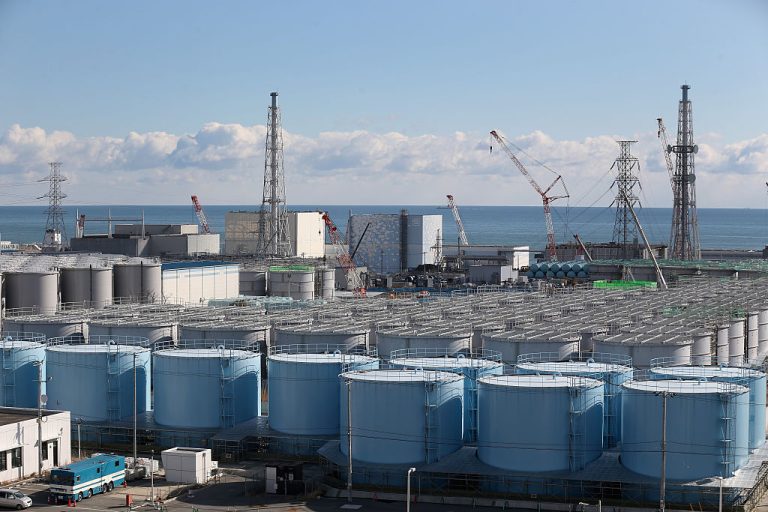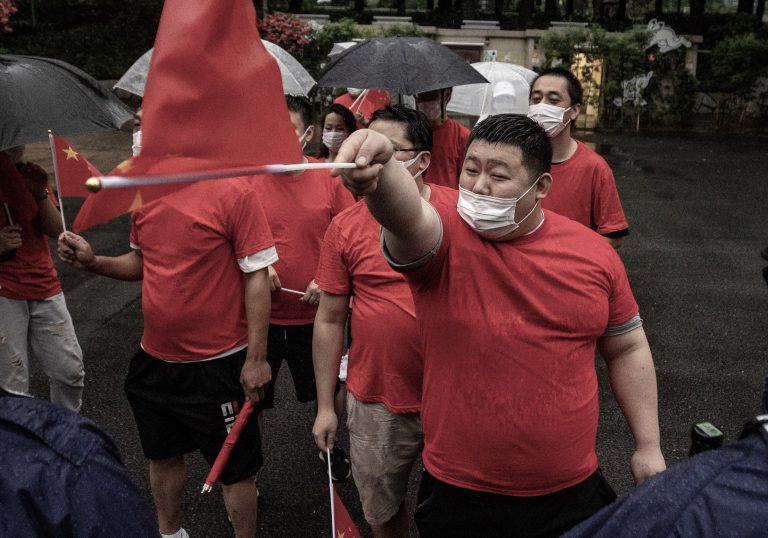According to a consulting firm specializing in foreign investments, over 10,000 of China’s wealthiest are looking to immigrate to other countries this year.
A report by London-based firm Henley & Partners, found that the average millionaire looking to leave China has a net worth of about $4.8 million — which would result in a total of $48 billion in approximate withdrawals. Experts have warned that the growing exodus of people and money leaving the country will only serve to accelerate and compound China’s worsening social and economic crisis.
MORE ON CHINA’S ECONOMY:
- China Experiencing Worst Capital Flight in 7 Years, Manufacturers Also Hit Hard
- Citizen Journalist Jailed in Shanghai for Speaking Out Against ‘Zero-COVID’ Policy
- Asia’s Wealthiest Woman Loses $12 Billion in China’s Real Estate Crisis
- With Both Small and Large Banks in Trouble, Will China’s Debt Crisis Blow Up?
- Hongkongers Fear Tightening Regime Control as Officials Promote Mainland-style ‘Health Codes’
The agency also found that approximately 3,000 millionaires in Hong Kong are also looking to leave the city this year. After being returned to the Chinese Communist Party’s (CCP) rule in 1997, the previous British colony has experienced an increased erosion of civil rights and censorship of its media outlets at the hands of Chinese police.
The report added that with the growing number of Hong Kong’s elite opting to leave, China would become the second country in the world to experience the largest numbers of capital flight — second only to Russia.
Systemic roots
Tang Jingyuan, an expert on China’s economy based in the U.S., told The Epoch Times that a major driving force behind the exodus has been the Chinese regime’s efforts to strengthen its economic power at the expense of private enterprises.
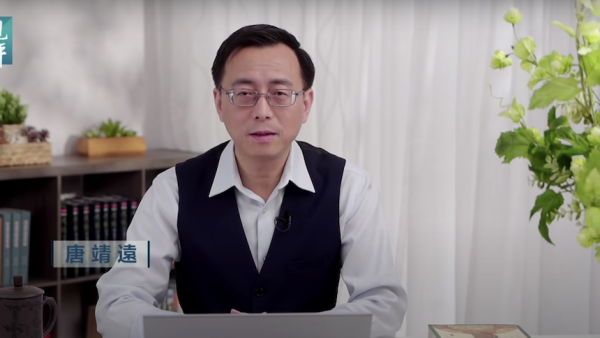
Success
You are now signed up for our newsletter
Success
Check your email to complete sign up
This has also been coupled with greater regulatory scrutiny of Chinese tech companies — leading to hefty fines in many cases.
“In order to strengthen the security of the regime, the CCP began to implement a robbery-style supervision storm on self-operated giants, such as Alibaba and Didi. In fact, it completely destroyed [that] market’s economy.”
Tang also emphasized that the CCP’s “wolf warrior diplomacy” has led to the country’s increased isolation; politically, it has become like North Korea. Economically, it has returned to the planned economy model — which has resulted in its wealthiest groups deciding to cut their losses and move their businesses away from China.
MORE ON BEIJING’S ‘ANTI-CORRUPTION’ CRACKDOWN:
- Behind the Timing of Didi Global’s $1.2-billion Fine
- Alibaba and Tencent Stocks Plunge After Latest Fines
- Chinese Regulators Slam Ride-Sharing App Didi Global with $1.2 Billion Fine
“The CCP also promotes this concept of ‘shared prosperity,’ which means manipulating laws and other financial methods to help the rich find tax breaks — but that results in a panicked middle and lower class — who feel like their financial futures are not guaranteed,” he said, adding that China’s capital exodus was caused by an archaic institutional system.
“Unless China’s societal system changes dramatically as a whole, many of these issues cannot be resolved at all.”
Rippling effects of ‘Zero-COVID’
Tang added that the CCP’s heavy-handed COVID measures that have resulted in widespread lockdowns, mass testing, censorship, and forced quarantine, has also sped up the desire of many people wanting to leave.
“There is serious anxiety and distrust of the CCP’s future governance. In order to find better living conditions and basic rights, many have decided to emigrate overseas,” he said.
Professor Xie Tian, who works at the Aiken School of Business affiliated with the University of South Carolina, told The Epoch Times that netizens in mainland China have estimated that at least 3 to 5,000 people have fled Shanghai during the city’s unrelenting lockdowns that lasted from March to mid-June.
“As soon as Shanghai’s ‘zero-policy’ ended, the airport was filled with people trying to leave the city,” Xie said. Shanghai, known as China’s most pivotal commercial and financial hub, is home to nearly 26 million, and endured some of the toughest lockdowns ever seen in the world.
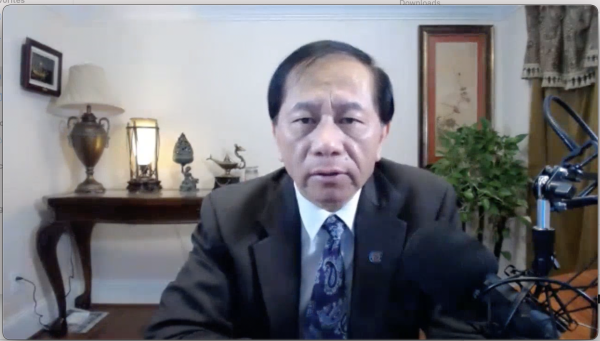
“Because people now realize how fragile their assets are in the face of power, the CCP can deprive them of their personal freedom, basic livelihood and human rights with a simple epidemic prevention policy. Many people will indeed flee China because of these controls alone,” he said.
Xie added that the Chinese regime’s “zero-COVID” policies have also caused many companies to close down — halting industrial output, and severely cutting consumer spending.
“When companies found out that they could restart production, they were elated. But they soon discovered, to much dismay, that many of the orders could no longer be filled as customers found other manufacturers with faster turnaround times.”
“Some factory owners left China because of this,” Xie added.
Making off with the loot
As more of China’s wealthiest opt to leave the country in search of better professional and social opportunities, the number of professionals transferring their assets to offshore accounts through investments, real estate, or offshore trusts, has also increased exponentially, the report noted.
Furthermore, according to an annual report by China’s National Association of Realtors, buyers from mainland China held the No. 1 spot when it came to purchased properties in other countries. In the U.S. alone, Chinese buyers accounted for $6.1 billion in residential sales — with nearly 60 percent of them making all-cash purchases for homes worth at least $1 million.
The report also noted that the majority of the properties were located in California and New York state, and that the trend was holding steady since 2013.
According to Xie, the source of income for many of China’s elite stem from “gray earnings” such as kickbacks, bribes or embezzlement from corrupt officials. “The disappearance of deposits from rural and small-town banks in Henan Province is actually a conspiracy between senior managers and the local government,” he said.
- Residents in China’s Henan Province Lose Access to Bank Accounts, Face Off With Police
- Chinese Protesting Frozen Bank Accounts Just the Tip of the Iceberg in Beijing’s Widening Financial Crisis
- Xi Tightens Grip on China’s Police Force Ahead of 20th Party Congress
“They are taking advantage of weak banking supervision, and absconding with the money,” Xie added.
Citing insider knowledge, Xie described how a village bank holding deposits of up to 40 billion yuan (around US$5.93 billion) used 20 billion yuan to bribe high-ranking CCP officials, all of whom were members of the Politburo Standing Committee or their families, and more than 10 billion yuan was used to bribe local government officials.
In the end, there were only a few billion left in the bank’s coffers, with absolutely no way to repay the depositors to whom the 40 billion yuan belonged.
Another situation in Shenzhen involved a bank run in the sprawling southern Chinese metropolis. That institution’s “deposits were stolen or turned into wealth management products. The depositors are from central government-owned enterprises, and can’t take out the money now,” Xie said. The money is likely “no longer in China,” as is the case with much of the funds acquired through dubious or fraudulent investment schemes.
Social repercussions
According to the experts, the concentrated migration of wealthy groups leaving China will take sizable amounts of capital away in a “very short period of time.” However, the rapid transfer of assets into offshore accounts will directly impact the CCP’s foreign exchange system in the short term — threatening “the very foundation on which the system was built on,” Tang said.
Tang also added that as the “outflow of living water” (liquid assets) continues pouring out, the base of social wealth that people rely on will also continue to drop.
“With the massive transfer of assets, investment and employment opportunities for enterprises in mainland China will also decrease rapidly, and the inevitable result of that is a widening gap between the county’s rich and poor,” he warned.
In the long run, Tang predicts that as China’s backbone continues evaporating, more educated people and young professionals will be forced to find labor-intensive jobs just to get by — resulting in a society that will “lack innovation and intellectual resources.”
“If a society’s intellectual and wealthy elite decide to leave, it means that there must be a serious crisis in that society. The departure of China’s backbone will only accelerate its social demise,” he said.



